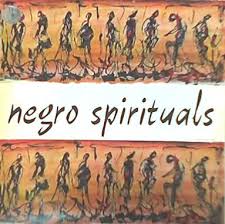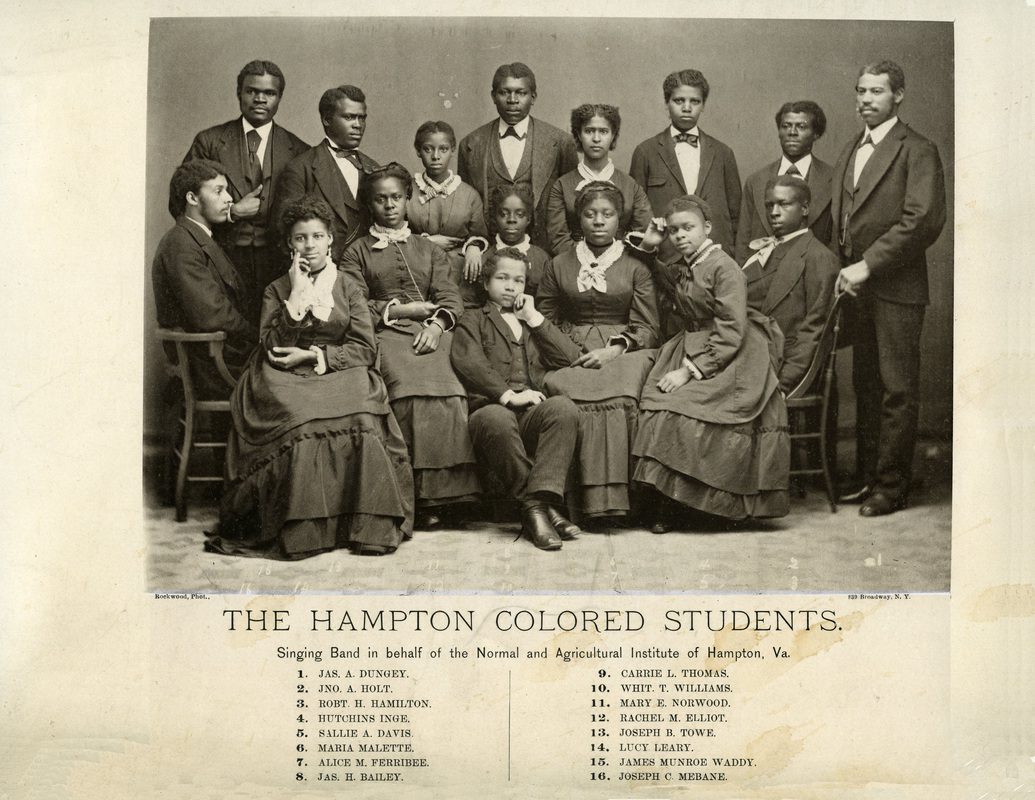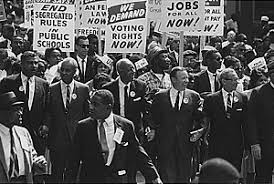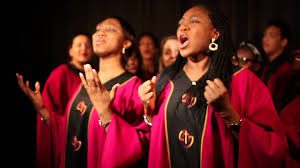Origin and Characteristic of Genre
The origin of slave/folk spirituals music began with the beginning of Africans being brought over to America during slavery. The spiritual was a type of folksong that was associated with the enslavement of African people. Everything was stripped away from them, but the one thing they kept with them was their music. It was used as not only a way to get through the workday, but a way of expression. The songs were often ways of communicating with one another without the knowledge of the slave masters knowing what they were talking about. Most spirituals were sung in a call and response form and held distinct meaning, for example “Go down Moses” had the meaning of escape for freedom. The spirituals and folk songs were passed down from person to person so they were not lost or forgotten. As time passed on and the abolishment of slavery took place in 1865. The songs become a large and significant part of the formation of American folk songs. Famous spirituals that are commonly recognized are “Swing low, sweet chariot, “Nobody knows the trouble I’ve seen”, “Go down, Moses”, and “Wade in the water”. These songs became a way to reflect on the time and history. There was a book that was book published with the collection of spirituals in the 1860’s called, “101 negro slave songs of America”. The songs were seen as unique and racial characteristic having cultural ties that make up the black community. Negro spiritual show the hard times and hardship that slaves had to endure during slavery they are more than just songs. They are a part of the American folk music genre; they have cultural ties that bind together America.



Famous Performers
Very famous and well known performance group founded at Fisk University in Nashville, Tennessee by students were known as the Fisk Jubilee Singers. They performed spirituals not only around the nation, but also the world. They even performed for royalty during the tour of Europe in the 1870’s. Another group called, The Hampton Singers of Hampton Institute (now Hampton University) in Hampton, Virginia. The group was founded in 1873 and performed an array of folk and spiritual music as well.


Social Implications
The social implications that the music had opened the eyes of many and showed what took place during the time period of slavery. It further become apart of the civil rights era were folk and spiritual music along with gospel were used as way to express the freedom and equal rights fight that was taking place. The influence of slave and folk spirituals brought on the influence of future the genre gospel.


Conclusory Opinions
Folks and spiritual music established the beginning and birth in many future genres to come not only in the community of African Americans, but for America. The songs became the start of it all. They hold a significant and important place in history from the beginning of time. They are hold the blood, sweet, tears, hope and desperation of slaves to gain the freedom and life they once knew or were told their people use to have. They are a reflection on were we as a people as in African Americans have come and where we are going.

